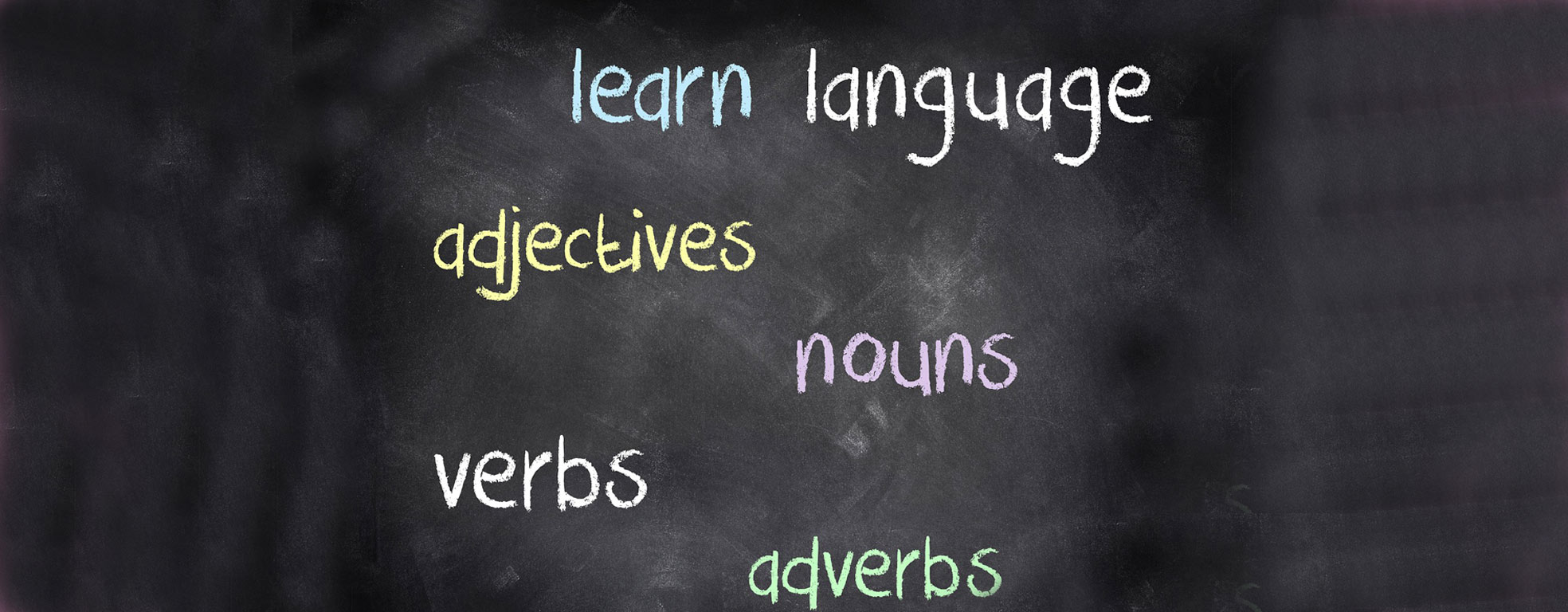Tips For Learning A Foreign Language

Bonjour, hola, guten tag, nǐn hǎo, ciao, olá...hello in many different languages, a very useful word when travelling. Having a small number of words and phrases can help you communicate when on holiday and just being able to have a simple conversation in a foreign language can be hugely rewarding. So, if you have ever fancied learning a foreign language, we have put together some useful tips to help you learn.
Learning a foreign language is a huge undertaking; getting to grips with the new language takes time so don’t be too hard on yourself. Start a few months before you intend to travel as this will give you plenty of time to practice and allocating 15 to 20 minutes a day will help. Learning is a cumulative process and works better when you build upon what you have previously learned. Practice is also key to learning so try it out whenever you can.
Set learning goals
Set yourself some realistic goals on what you plan to learn. Break down your ultimate goal with some short-term immediate goals like “this week I am going to learn 20 to 30 German words, all relating to food”.
Work out the most common words
Working out what the most common words that people use most in everyday writing and speech in the language you wish to learn will improve your ability to communicate. Check out the list of top 1000 words used in the country you intend to travel to.
Work out the best method of learning
Working out the best method of learning which suits you is very important; some people understand and remember words better through listening and some people prefer visual stimulation.
Videos for language learning
One effective method that’s suitable for most learners is using videos and YouTube has plenty of online language learning courses. One particular language learning app, FluentU also brings any language to life with real-word interactive videos. FluentU uses videos from YouTube and makes them suitable for language learners by overlaying interactive captions and translations. It also includes other features such as integrated flashcards and a hover dictionary, all at beginner, intermediate and advanced levels.
Apps for language learning
Duolingo and Memrise are two of the best known and most popular language apps. Duolingo modules are broken down by subject area and grammatical types. Exercises include reading, listening, writing and speaking (you can skip this one in case you are on a train or bus) and you can set daily reminders to practice.
Memrise focuses on repetition and memorisation as a way of learning a new language. You practice specific words or phrases loosely connected by topic areas, with the inclusion of videos of native speakers to help you out with pronunciation.
Flashcards for language learning
One of the best ways to learn vocabulary is to use flashcards as they help you focus on individual words. Paper flashcards work very well as do electronic flashcard apps like Lingivist. Lingvist encourages you to work through 100 flash cards each day, learning a certain number of new words and practicing others along the way. Grammar tips pop up at relevant points to help with trickier elements and there are separate challenges devoted to specific grammatical points.
Podcasts for language learning
Signing up to podcasts; they allow you to pick and choose your lessons and allow you to focus on the language you wish to learn. Listening to podcasts will teach you how to correctly pronounce the words but don’t just listen, repeat what you hear too. Proper pronunciation takes practice and requires patience. Slow down and learn how to make lip and tongue movements correctly.
Language lessons
Taking lessons in the language you want to learn is always a great idea and can be fun too. Take a friend or partner with you as it will push both of you to always try just that little bit harder and stick with it. It also gives you someone to practice with.
By Sarah Anglim at 15 Mar 2019